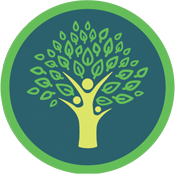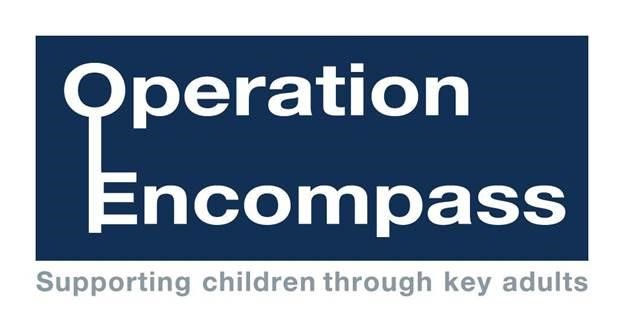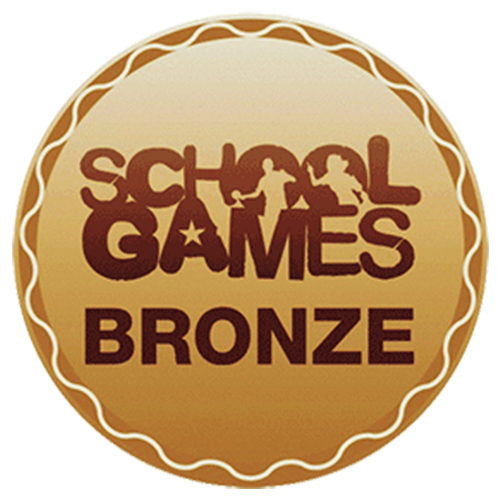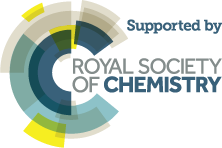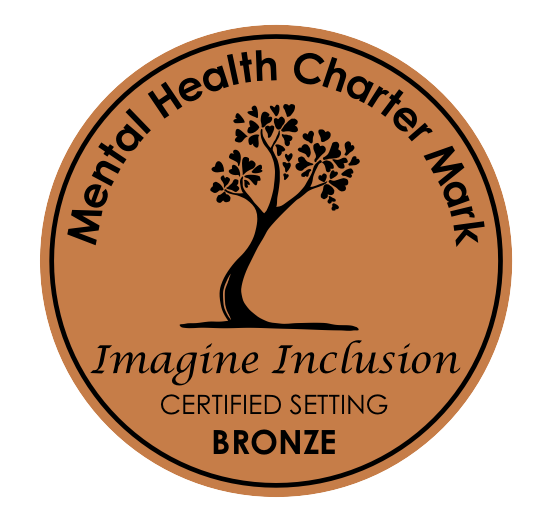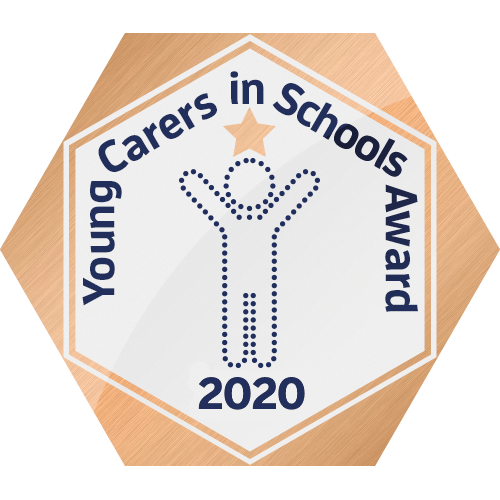Maths - Year 5 and 6
What will my child be learning?
By the end of Year 5/6, your child is expected to be:
- Reading, writing, ordering and comparing numbers up to 10,000,000 and determining the value of each digit
- Rounding whole numbers and beginning to use negative numbers
- Reading Roman numerals to 1000 and recognising years written in Roman numerals
- Adding and subtracting numbers with more than 4 digits, using formal written methods
- Multiplying and dividing numbers with up to 4 digits by two-digit whole numbers, using long multiplication and division
- Identifying common factors, common multiples and prime numbers
- Using the order of operations and solving multi-step problems
- Comparing, ordering and simplifying fractions
- Calculating with fractions and associating fractions with decimals and percentages
- Solving problems involving ratio and proportion
- Using simple formulae and expressing simple problems algebraically
- Converting between units of measure and calculating with measurements, including time, area and volume
- Drawing 2D shapes and recognising, describing and building simple 3D shapes
- Drawing, identifying and measuring angles
- Using tables, pie charts and line graphs
- Calculating and interpreting the mean as an average
How is my child taught?
In Key Stage 2, children have daily one hour maths inputs with a teacher. Maths is no longer about the teacher talking for a while and then the children following this up with an activity in their books. We want the children to actively participate in lessons with questions, suggestions, curiosity and creativity. Discussion and wondering are encouraged as much in maths as in any other lesson. This means that lessons are usually a mixture of teacher led discussion, child led discussion (more child led than teacher), experimenting and representing concepts with resources and recording in books.
At Laira Green we use something called AET as guidance for our planning and for progression of maths over the year. It’s a fantastic resource which fully supports our maths ethos of talking, showing, representing, solving problems and reasoning.
See these photos below for real examples of how the four operations are formally recorded in Year 5/6...
Addition/Subtraction:
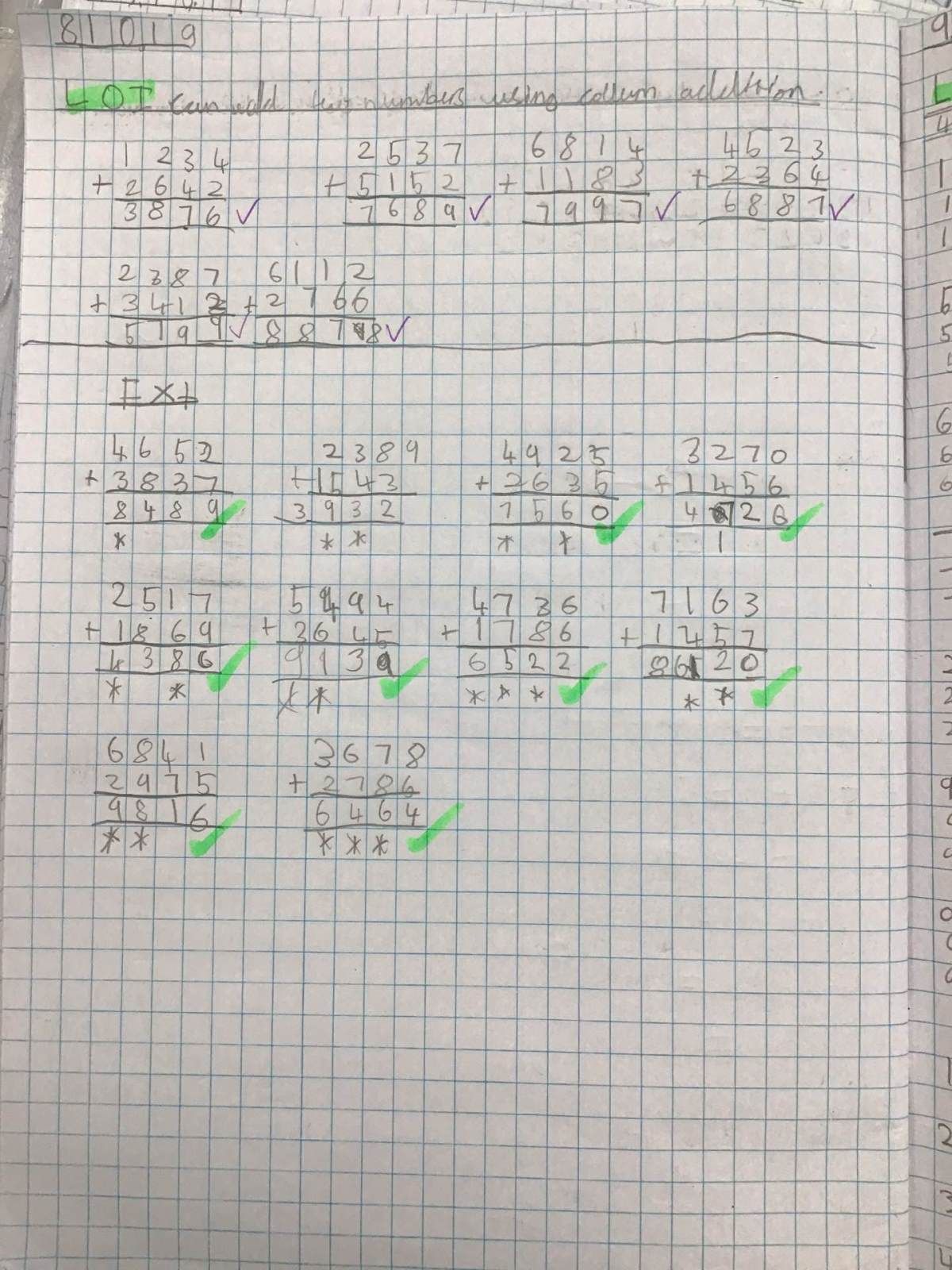
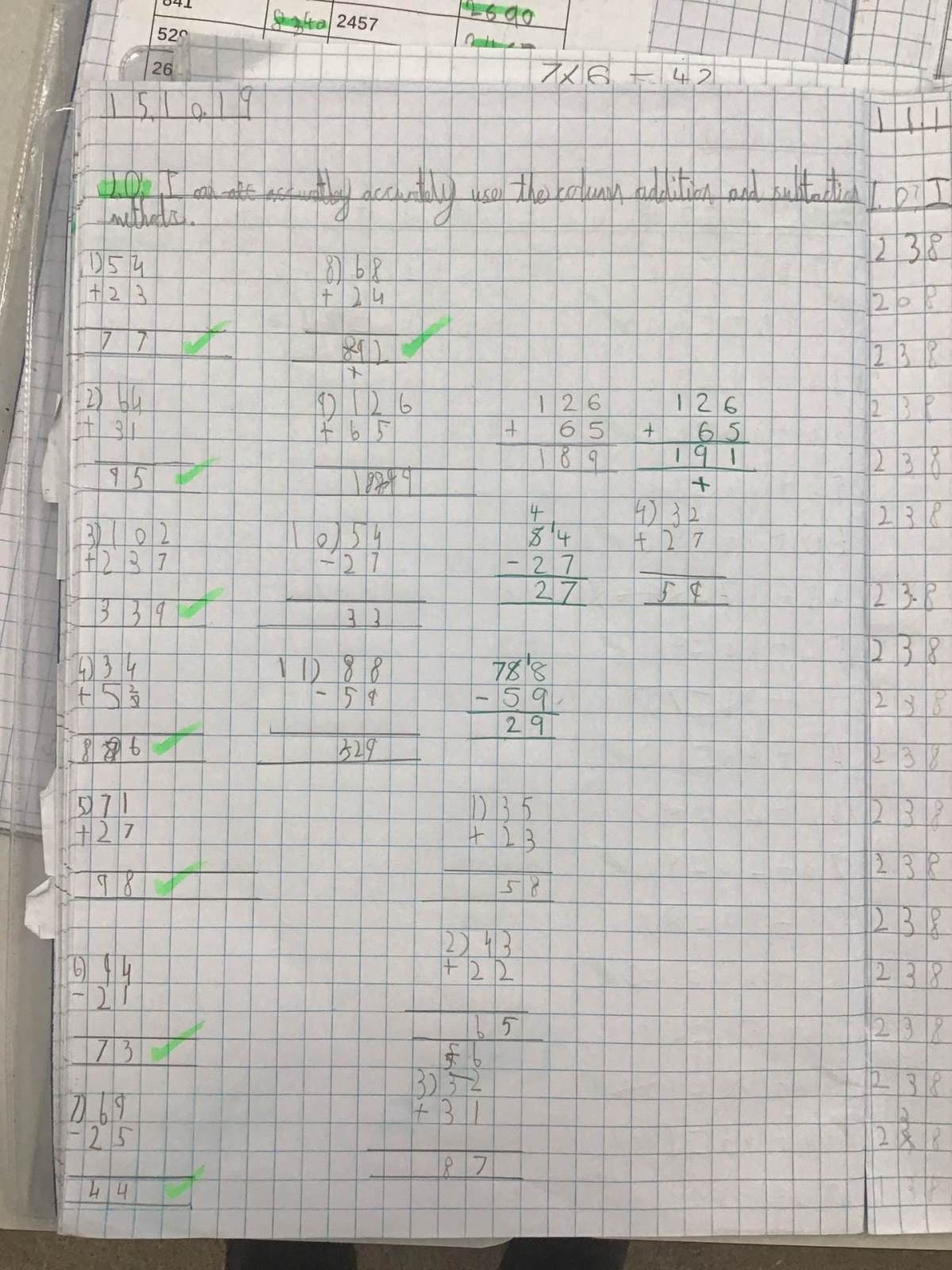
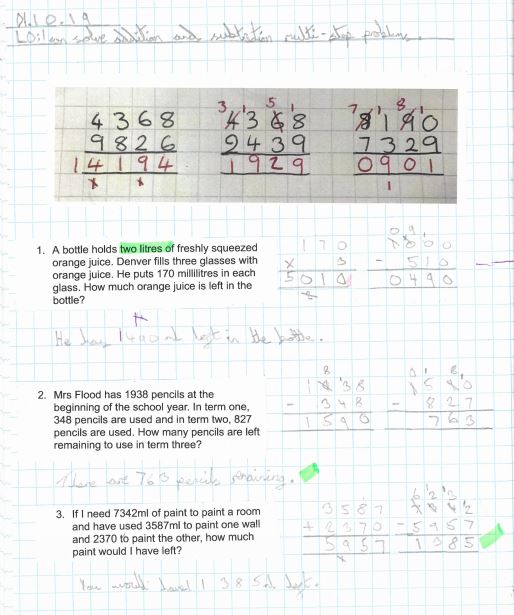
Multiplication:
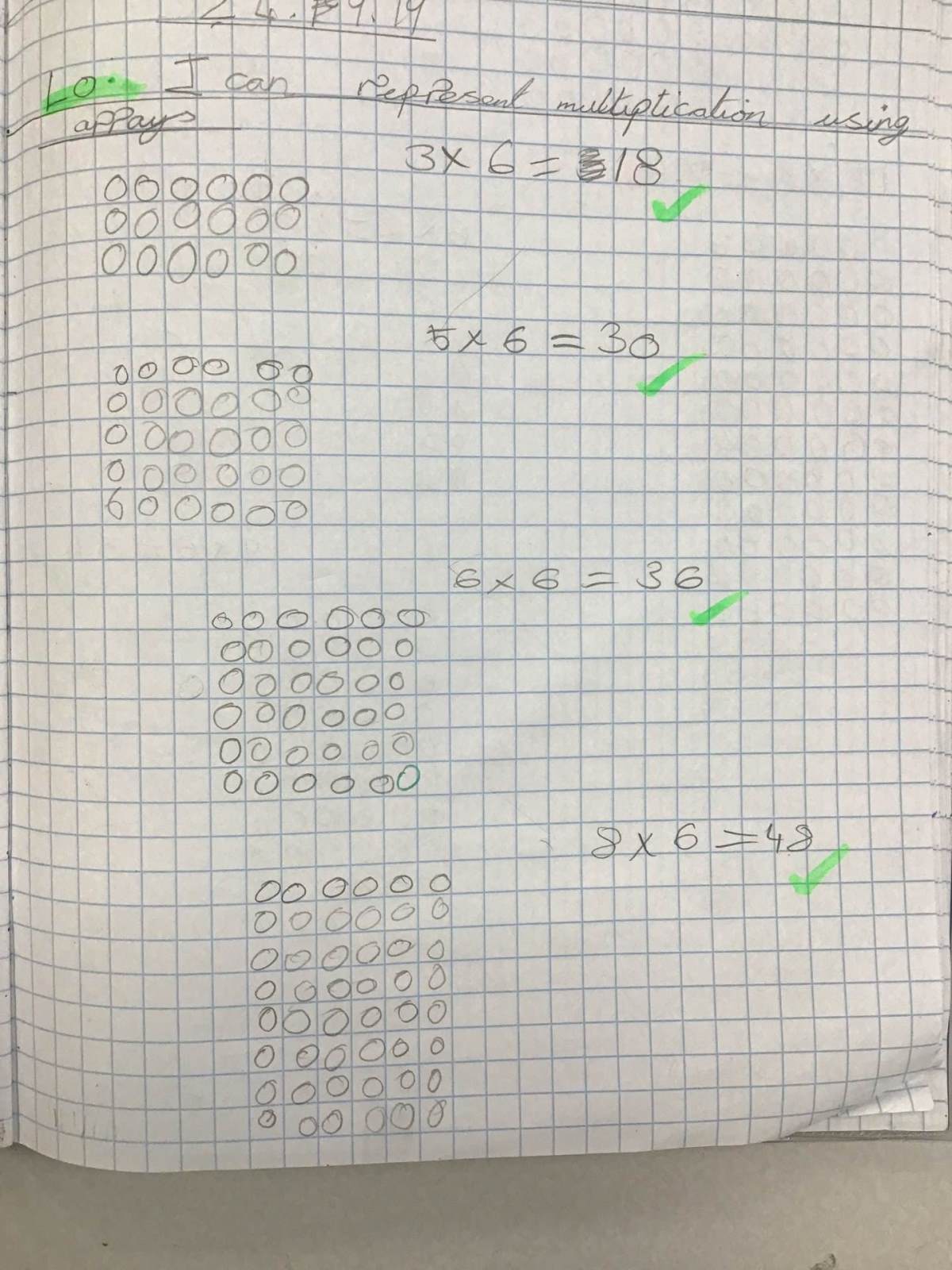
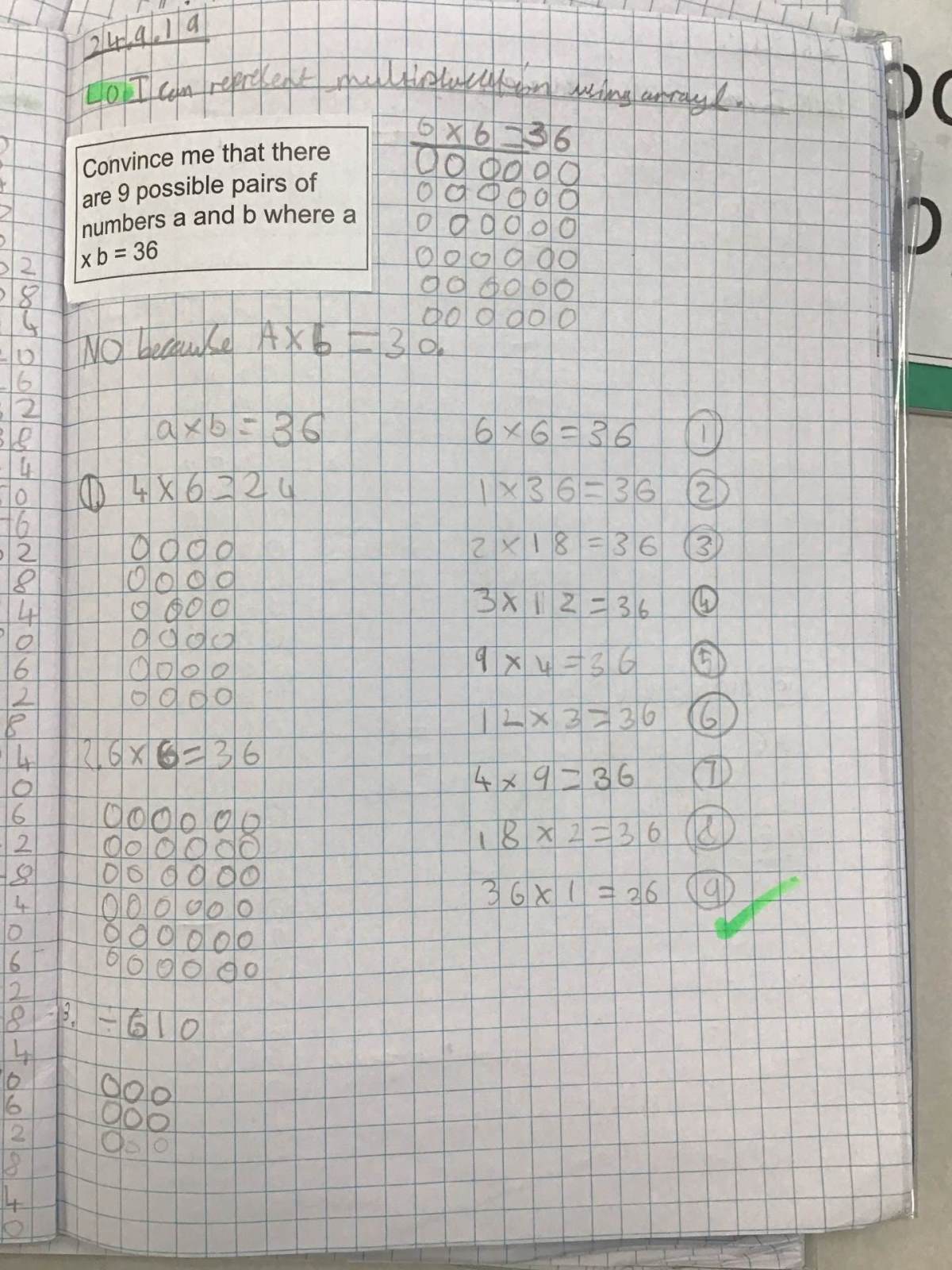
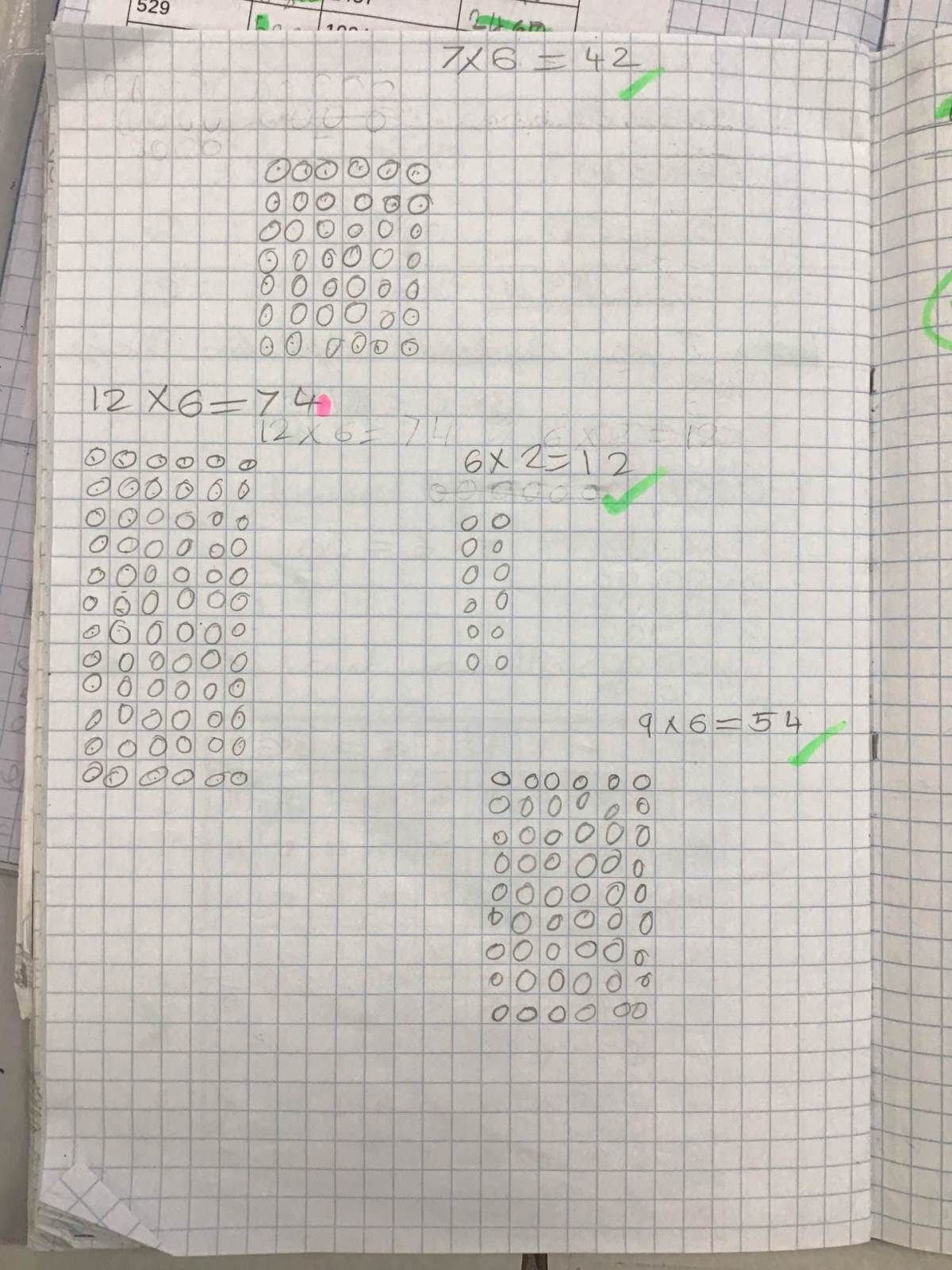
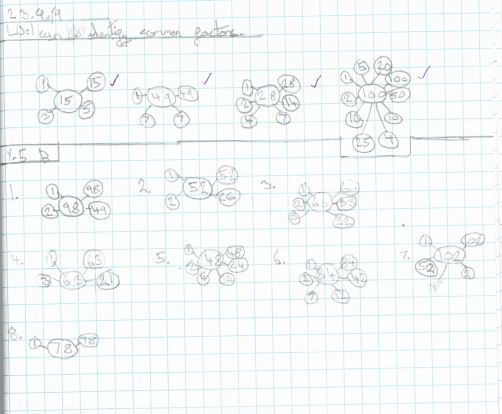
Division:
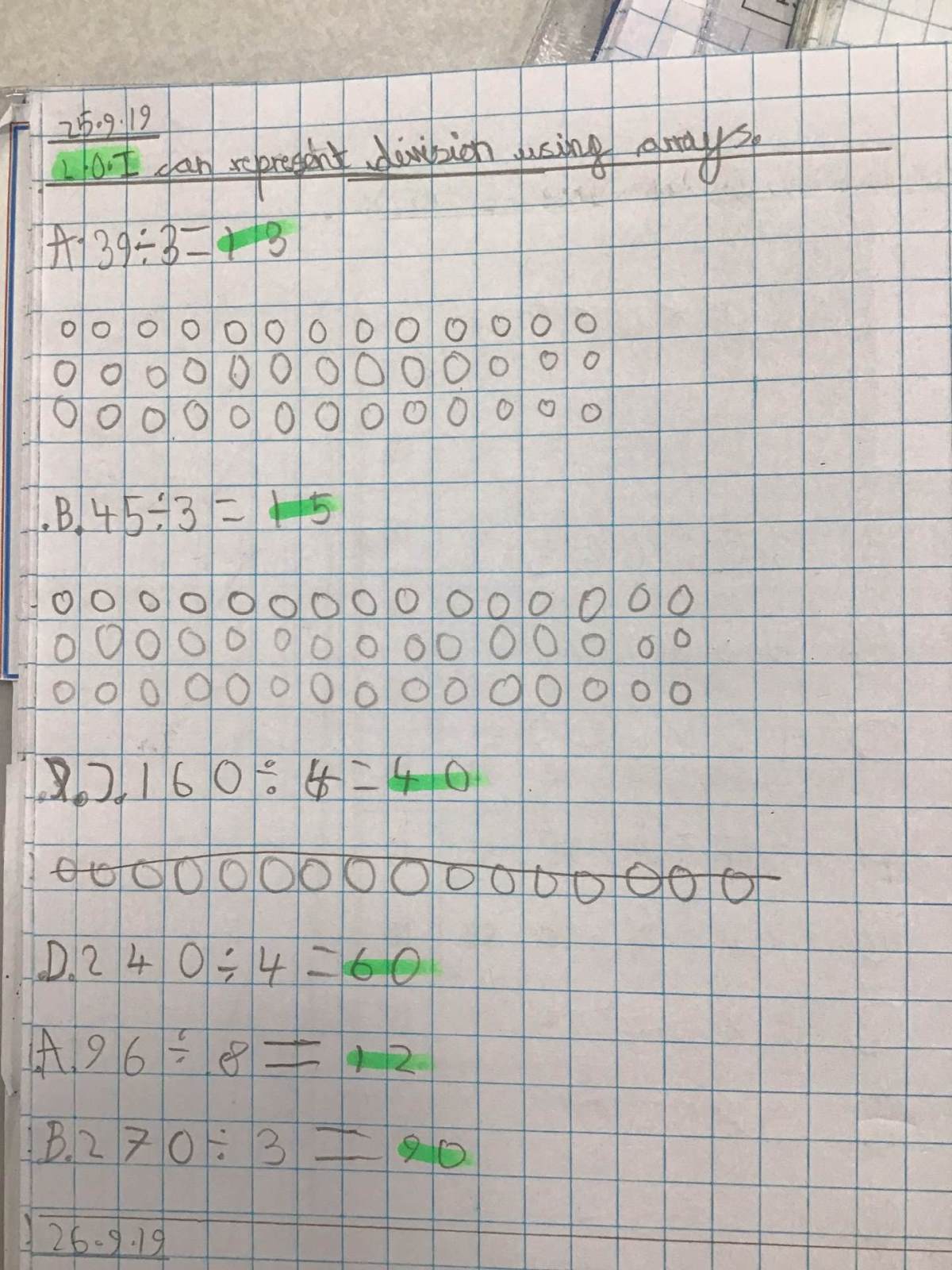
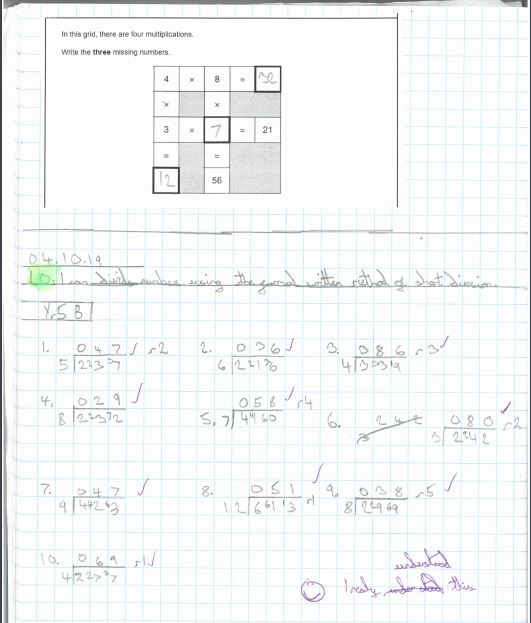
How is my child assessed in maths?
Every half term, children complete a maths test called STAR maths which they do on a chromebook. STAR maths is a clever, computer-adaptive tool which adjusts the questioning according to the child’s individual responses and so it is always tailored to the individual. By Key Stage 2, children are so used to doing this that they can access it entirely independently. However, they are still allowed to take a break and come back to it another time if necessary. The information from STAR maths is used alongside teacher judgement to form a secure assessment of where each child is at the end of each term (roughly every 12 weeks). As well as this, teachers in each year group devise a paper with a few questions relating to the topics that have been covered in maths that term. Usually the information provided by the results of this paper and STAR maths confirm what the teacher already knows about your child, but having further documentation helps the teacher to triangulate their evidence and ensure that their judgement is as secure as possible. In having a really good idea about where your child is with their learning, we are able to provide them with the next steps most relevant to their particular needs.
In the Summer term, Year 6 children will take part in SATs which consists of an arithmetic paper and two reasoning papers. Year 5 children will take part in an optional SATs paper called Merit. Again, the results of these papers help to support teacher judgement.
How can I help my child at home?
You should have received a handy booklet all about maths at Laira Green and how you can help your child with regards to the four operations. If you didn’t, please click here to download it : Yr5/6 Maths Booklet
Further ideas include:
Maths in everyday activities:
- Use food! Pizza and chocolate bars work wonders for fractions - comparing, ordering and simplifying.
- Count everything, but count in multiples of 10, 25, 50, 100 or 1000, up and back.
- Get the construction out and see what 3D shapes you can build. Talk about their features as you are building, compare similarities and differences.
- Games like Yahtzee, Monopoly, Uno and traditional and card games like Pontoon all rely on skills necessary for maths, such as counting, categorising, and estimating.
- See how quickly they can tidy their bedroom or complete another chore, then work out the mean average for the week. Can they challenge themselves to beat it next week?!
- Collate data by asking members of the household different questions e.g. favourite tv programme, favourite food, dream pet etc. Represent the data in tables and pie charts. Or measure the height of a houseplant every week and record the data on a line graph.
Have a look at the links below and find a game to play with your child on a tablet or computer:
https://www.topmarks.co.uk/maths-games/7-11-years/ordering-and-sequencing-numbers A host of games to play on all areas of maths
https://www.bbc.com/education/subjects/z826n39 BBC Bitesize Key Stage 2 - information and games on EVERY topic from the maths curriculum
https://mathsframe.co.uk/ Lots of games, designed specifically for KS2
https://play.ttrockstars.com/auth/school/student Times Table Rockstars (TTRS) to practice times tables. Your child has their own log in, ask the class teacher if they need reminding of it.

